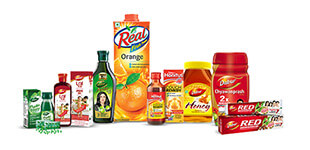We're sorry, that page cannot be found.
That page may have been removed, had its name changed or is temporarily unavailable.
Alternatively you could try,
- Using the site navigation to find the page you are looking for
- Head over to Homepage to start your journey.
- Contact us if you have a specific query








